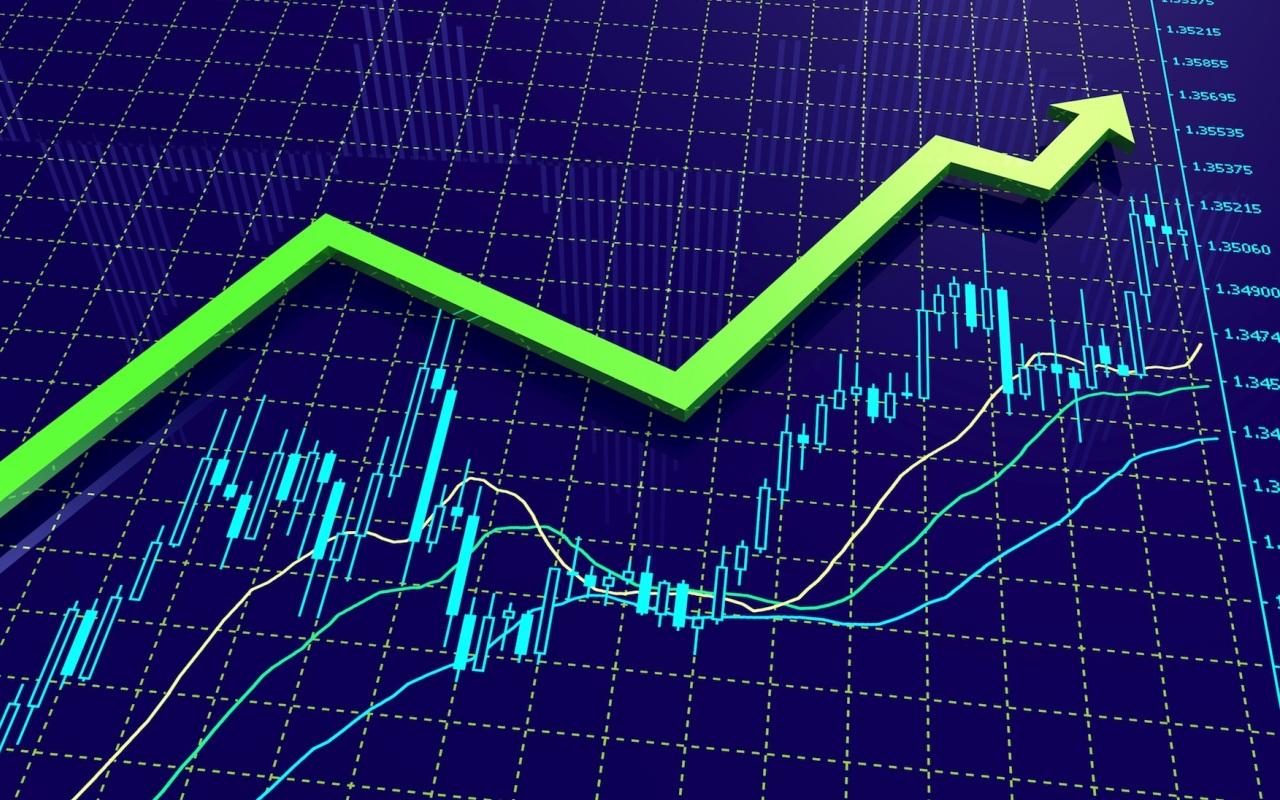Share markets in the US, Britain, France, Germany, Japan and Australia have all recorded new all-time highs this year. They have since eased back slightly but are still close to record levels. Is this a time to be wary about a possible coming market slump?
A slump seems unlikely, but a flatter or weaker period does seem likely over the next six months. Capital growth may be hard to come by with shares paying reliable incomes perhaps the best option.
The previous few years saw high inflation and rapidly rising interest rates to control it. Optimism that inflation is now defeated and interest rate cuts are coming soon has pushed markets to their current high levels.
It now appears that our economy will experience a “soft landing” as discussed some weeks ago. Inflation in Australia fell from 7.8 per cent in 2022 to 4.1 per cent in 2023. Consumer spending slowed, and unemployment rose from 3.5 to 4.1 per cent.
These are all the right signals suggesting the fight against inflation is being won and interest rates will be able to come back down soon. The RBA confirmed the encouraging trend at its recent meeting.
However there is recent evidence that inflation may not be falling as much as expected. Wage rises have increased, adding to business costs. Retail sales rose 1.1 per cent in January, not weakening as economists expected. So interest rate cuts may not be as soon as anticipated.
Rate reductions will eventually come though. When they do they will be stimulatory for the economy. There will be more money in consumers’ pockets to spend and borrowing will be cheaper for businesses. Rate cuts should support and lift our share market from late this year.
The US and Europe are likely to see interest rate reductions before we do, perhaps by mid-year. Those moves will probably have a positive influence on our share market too.
Overseas share markets have outperformed Australian shares for the last decade and more. Australian shares earned 8.2 per cent per annum for the ten years to the end of February while international shares returned 12.7 per cent per annum.
One reason is exposure to industries such as microchip and pharmaceutical manufacturing, and the big global technology companies. Corporate tax rates are also lower in many other countries.
International shares are likely to continue to outperform Australian markets. The easiest way to access international shares is via managed funds. Professional fund managers make the investment selections.
Australian investors should see favourable economic and market conditions later this year and in 2025.


0 Comments